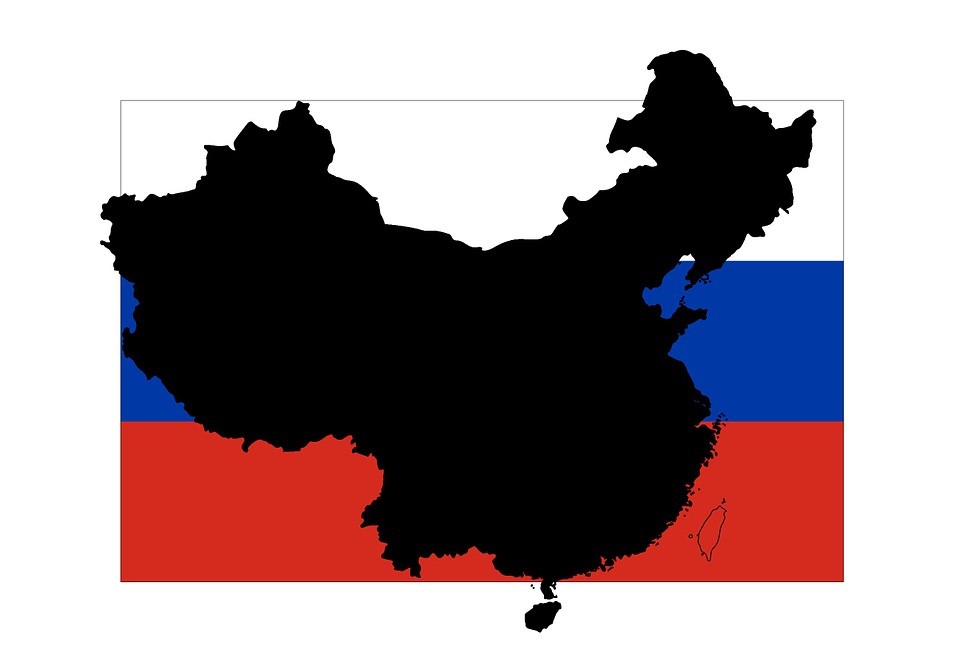China is working, often in tandem with Russia, to secure influence in many geostrategic regions around the world. After Russia’s invasion of Ukraine in February 2022, Western nations imposed oil and gas sanctions on Russia that threatened its economic stability. In response China stepped up its importation of Russian energy, after negotiating steeply discounted prices from Moscow. In the Arctic, where Russia recently chaired the Arctic Council, Moscow hoped once again to court China’s help. This time it needed China to convince Greenland it was not in its interest to seek full independence from Denmark. If Copenhagen current autonomy arrangements with Greenland end, Russia believes it will be more easily influenced by the US and the United Kingdom. Russian Prime Minister Mikhail Mishustin visited Beijing in late May to argue for China’s support in opposing Greenland’s independence. The controversy is setting Greenland up to be center stage in an East-West struggle in the Arctic region.
“Although the US has had the Thule Air Base (recently renamed “Pituffik Space Base”) in Greenland for decades, only in recent times, with climate changes easing difficulties in exploiting the island’s rich holdings of oil, gas, minerals and especially rare earths, has Washington focused on what is happening there,” according to Paul Goble of the Jamestown Foundation. Greenland’s population of 60,000 is small making it ripe for influence from outside sources. Beijing recognizes that Greenland is tied with Norway for the largest oil and gas reserves after those held by Russia. The CCP does not want to see its 65 billion tons of oil and gas reserves, along with even more consequential rare earths fall under American influence. Beijing is concerned such a move would change the geo-economic and geopolitical balance of the world.
Xi Jinping is also concerned that Greenland’s independence could isolate China and Russia and provide the West the means to block the Western entrance to the Northern Sea Route as well as project power into Russia’s sphere of influence. Last December the West was able to pressure Greenland into suspending cooperation with Moscow on fishing in the region, according to EurAsia Daily. Goble says a more explosive factor is that China is emerging as a more active foreign power in Greenland. Extending its Belt and Road Initiative (BRI) into the area by offering development and building three airports.
Western governments often have overlooked Chinese overtures in Greenland as irrelevant since the size of their presence is not the great in aggregate terms. However, what also has been overlooked is that the contingent of Chinese in Greenland , in comparison to the island’s population, is enormous. Chinese engineers have helped build critical infrastructure. Due to the small investment needed, China and Russia are teaming to influence Greenland’s population to support their activities in the Arctic.
According to an article last week in Goarctic.ru, Mishustim’s visit to Beijing improved the possibility that China and Russia will work more closely to oppose the expansion of Western influence. Goble argues that China and Russia “may very well decide to try to convince Greenlanders that they should remain part of Denmark, an arrangement that has allowed Russia in the past and could allow Russia and China in the future to have more influence than they would if Greenland became independent.” If the relationship continues to evolve, it could put China in the position of defending the overseas possession of a NATO member state against two other NATO Member nations – the US and the UK. Analysts in Washington question whether the move would be enough to weaken the Western alliance or divide it. The world will need to wait to see what happens and if it is brewing yet another version of a Cold War.
Daria Novak served in the U.S. State dept.
Illustration: Pixabay
